BLOG
55 Ways College Students Can Save Energy, Reduce Waste, & Go Green (MEGA LIST)
By Tyler Hakes
Back to the blog
We should all do our part to help save energy and reduce waste.
As a college student, it may not seem like the easiest thing in the world. You’re already crammed with studying, classes, tests, clubs, sports, and probably a part-time job. Who has time to worry about being green? But helping conserve doesn’t have to be a huge commitment. There are plenty of small things that most of us–even college students–can do every day to use a bit less energy, save a bit more water, and help keep the environment just a little bit cleaner. Small changes like this add up to big improvements over time.
Here’s a huge list of ways that college students can go green in their everyday life, one step at a time.
Around the house (or dorm)
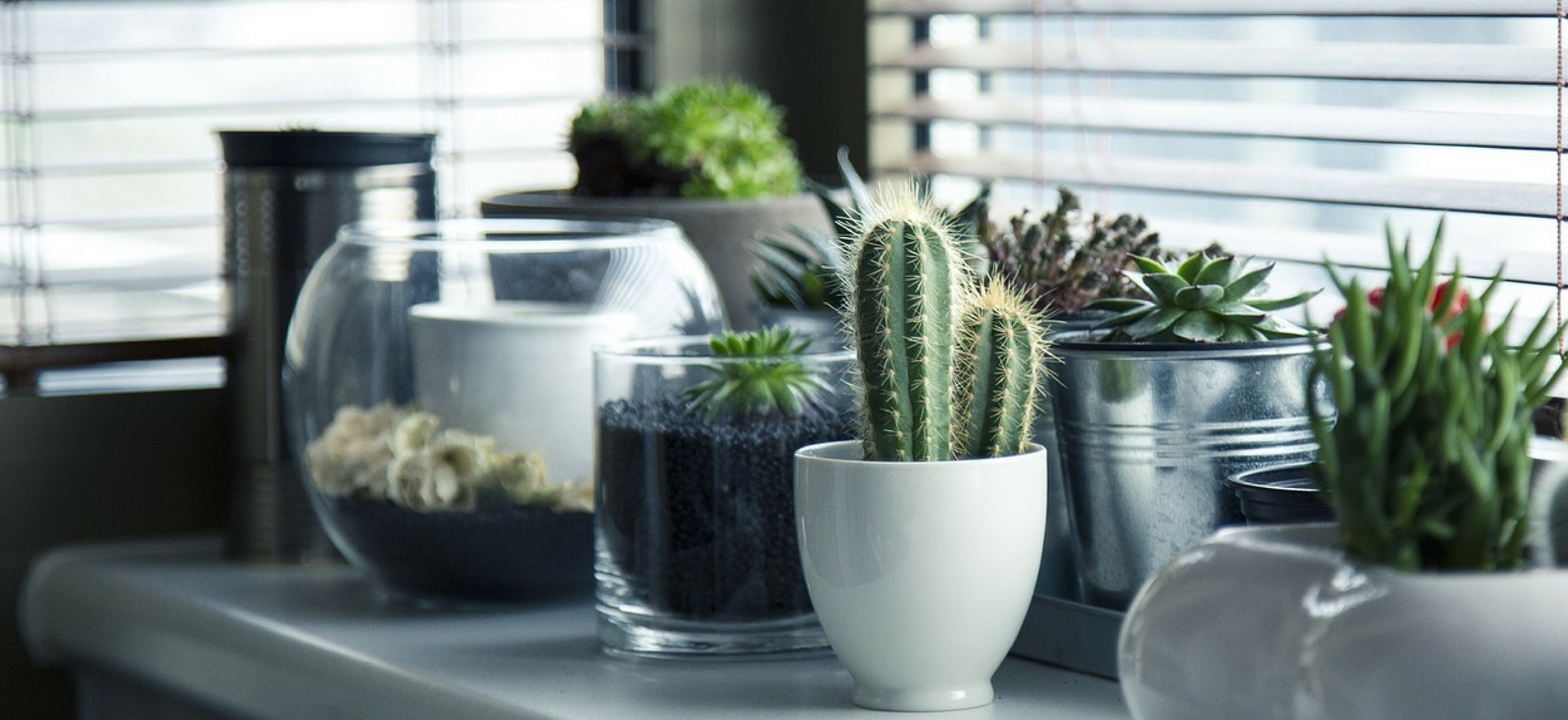
1. Unplug electronics
Anything you’re not using can and should be unplugged. Many devices still use energy even if they’re not in use.
2. Switch to CFLs
Any lamps or lights with compact fluorescent bulbs will save energy and still produce plenty of light.
3. Recycle (of course)
Separate plastics, glass, and paper from your garbage. Find the nearest place where you can take recyclables.
4. Start a garden
Growing your own vegetables can cut down on the amount that needs to be shipped around the country (or world).
5. Start composting
Composting is a natural way to dispose of biodegradable waste, which keeps it out of the landfill.
6. Hang dry clothes
Save energy by not using a dryer to dry all of your clothes.
7. Cut down your shower time
Save a few minutes on every shower and you’ll save thousands of gallons or water per year.
8. Take a cold(er) shower
Using less hot water reduces energy consumption. Turn your shower from steaming hot to just warm and save a bunch.
9. Wash clothes on cold
Another way to cut back on energy used to heat water is to wash your clothes in cold or warm instead of hot.
10. Watch for water drips or leaks
If you rent, look for leaks or drips and let your landlord know right away. Same goes for those living the dorms. Leaky faucets can waste hundreds of gallons of water.
11. Purchase a solar charger for small electronics
There are solar chargers available online that cling to your window and collect sun rays to power or charge your electronic devices.
12. Switch to chemical-free cleaning supplies
There are plenty of chemical-free or less-chemical options at the store, or you can make your own at home.
13. Use fans instead of AC
Fans can be incredibly effective at cooling a room and are a lower-energy alternative to running the AC on warm days.
14. Put plastic on your windows when it’s cold
If your place is poorly insulated or has old windows, especially, it’s a good idea to put plastic up around the windows. This will help keep cold drafts out and keep warm air from the heater inside.
Classes and studying
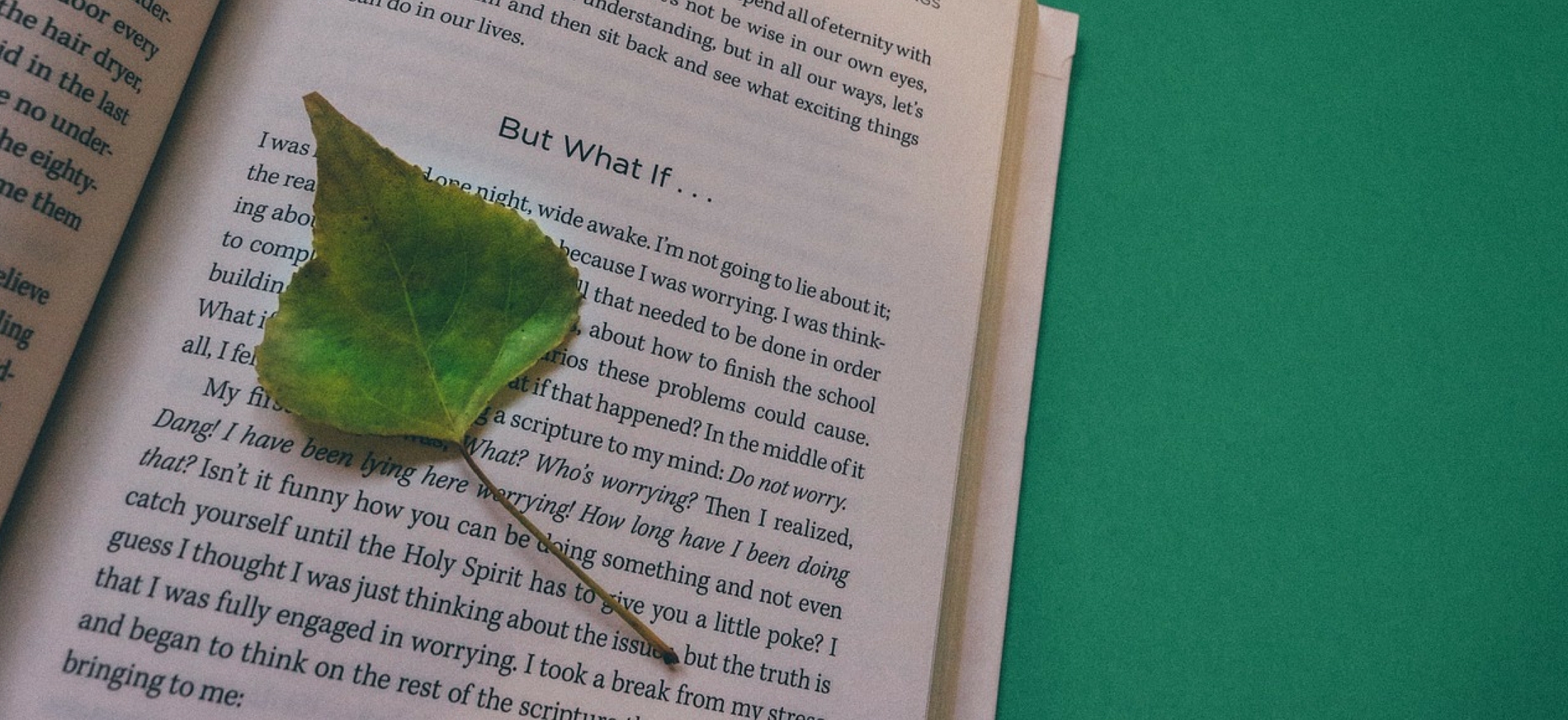
15. Take notes electronically
Why fill up paper notebooks when you can take notes on a laptop or tablet?
16. Skip printing out papers if possible
Many professors will let you submit your work digitally, meaning you really have no reason to print out paper copies of your assignments.
17. Print double sided
In the case that you do need to print, you can print on both sides of the page to cut your paper use in half.
18. Get a digital copy of your textbook
It’s cheaper, lighter, and more planet friendly to get a digital copy of your textbooks instead of buying the physical version.
19. Share a copy of a textbook (or check it out from the library)
Why buy the book if you don’t need to? Consider splitting it with a classmate or using a copy from the library.
20. Buy a used copy of your textbook
If you’ve got to own a copy of the textbook, try buying used instead of new.
21. Use the back of handouts and worksheets
You’ll get plenty of sheets and papers from classes–most have a blank back side. Why not use them to take notes and for scratch paper?
22. Download an app to make digital note cards
Instead of making piles and piles of note cards that will just end up in the trash, go digital and get an app that lets you test your knowledge without cutting down trees.
23. Study in shared spaces
Your library’s lights are on all night, whether you’re there or not. So why waste energy in your room?
24. Use recycled pens, pencils, and paper
Buy supplies made with recycled materials whenever possible.
25. Share notes online
Friends and classmates can share their digital notes through email, Facebook, or even a chat app like Slack.
26. Study together
Whenever possible, assemble your friends and classmates to study in a group and save power by sharing the energy rather than using your own.
Eating and drinking
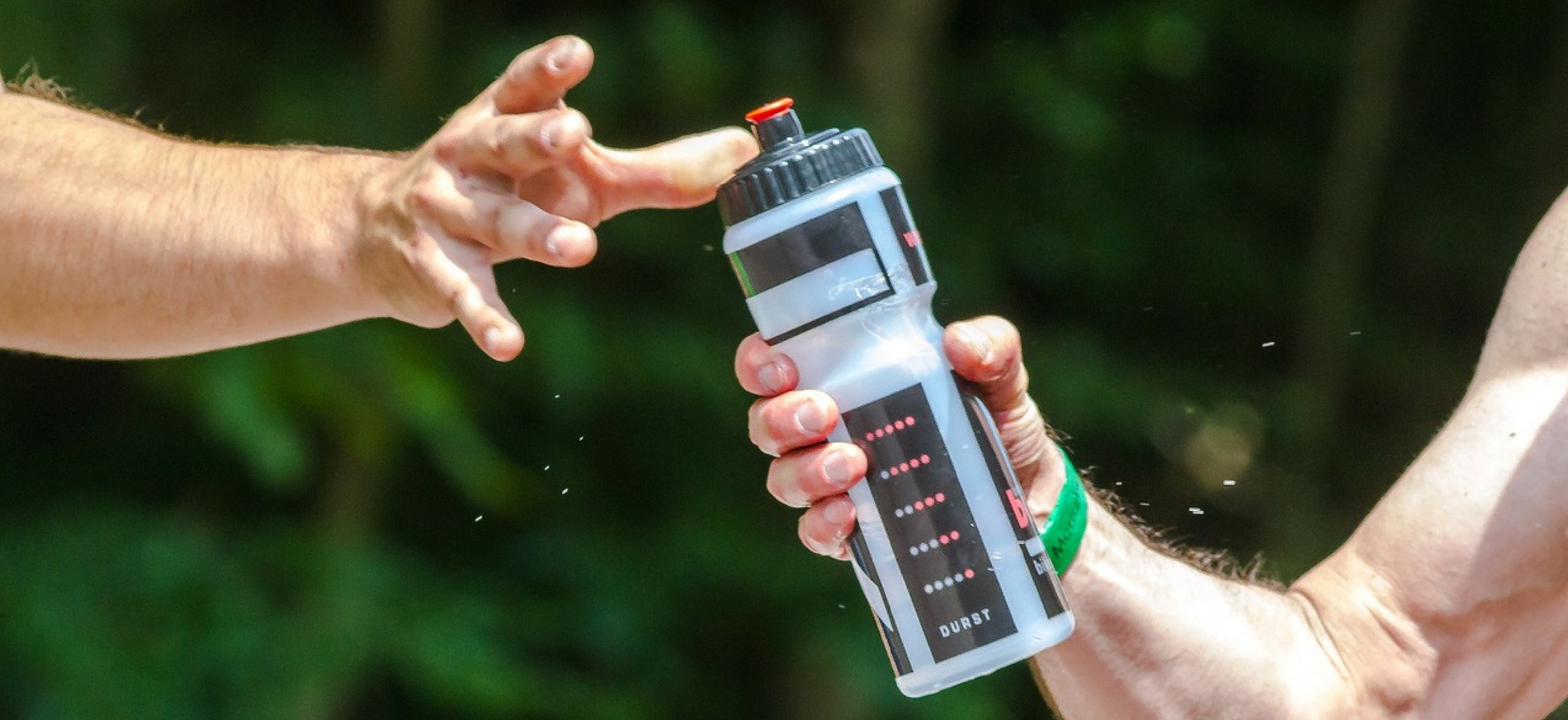
27. Drink from reusable water bottles
Cut out single-use water bottles and get an aluminum or stainless refillable water bottle.
28. Bring your own reusable mug for coffee
If you frequent coffee shops like Starbucks, bring your own reusable mug instead of getting a plastic cup–you’ll also get a discount.
29. Don’t waste food from the cafeteria
It can be easy to fill up your tray with tons of food when you’re paying for a meal plan in college, but try not to take more than you can eat so it doesn’t go to waste.
30. Give up your food tray
You may want to give up your tray altogether and just use regular plates as a way to make sure that you don’t take more food than you need.
31. Eat less meat
Meat production has a large carbon footprint, so simply eating less meat (like cutting out meat for one day per week) can help.
32. Eat your leftovers
Eating leftovers not only saves money, but it saves food from going to waste and saves the cost of buying or preparing another meal.
33. Skip the Keurig
Single-serving coffee like K-cups end up in the landfill in huge numbers–avoid using these if possible.
34. Buy shade-grown coffee
Shade-grown coffee is more environmentally friendly and can be purchased at most places where you buy coffee beans or grounds.
Shopping
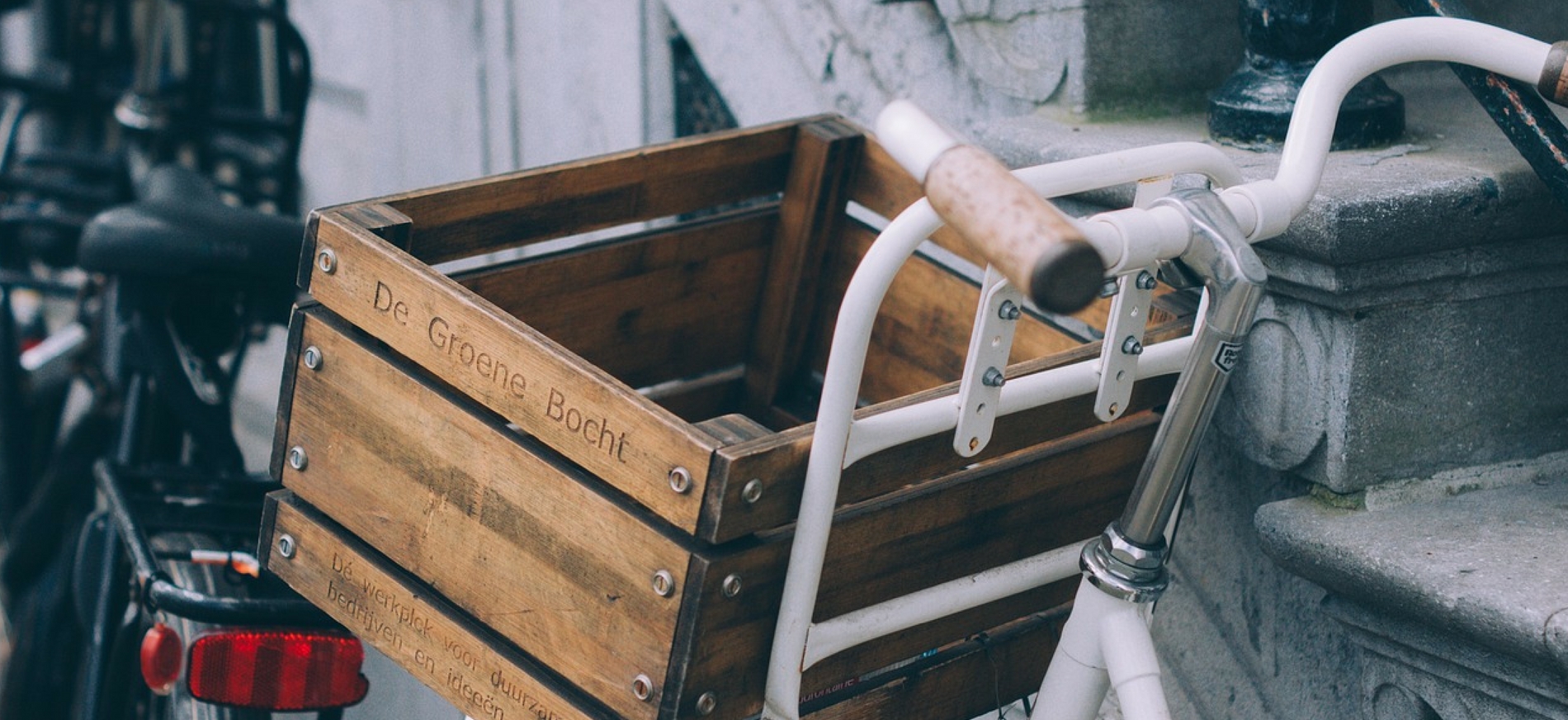
35. Switch to reusable bags
Bring your own bags each time you go shopping and cut down on use of paper and plastic bags.
36. Use cloths instead of paper towels
Using cloth towels instead of paper towels means that you can wash and reuse the towels again and again, instead of throwing them away every time you use one to clean up a spill.
37. Buy recycled products
Napkins, toilet paper, and any other number of products generally come in a recycled variety. Purchase these whenever possible.
38. Be thrifty
Shop second-hand and thrift stores for used items rather than buying new.
39. Read online instead of paper copies
Newspapers and magazines use a ton of paper, and most of the content you can find online anyway.
40. Buy rechargeable batteries
Save yourself the hassle of having to keep AAs stocked at all times, plus avoid throwing away the batteries in the remote every time they go dead.
41. Switch to eco-friendly health and beauty products
These kinds of products can sometimes be full of harmful chemicals and often sourced in less-than-ideal ways. Read the labels to find brands that adhere to ecofriendly practices and ingredients.
42. Choose etickets for movies, concerts, and events
Save the paper and just scan the tickets using your phone. That way, you won’t have to worry about losing them, either.
43. Eat local
Eating locally sourced foods reduces the need to produce and ship food, which means that it’s more sustainable and planet friendly. Plus it’s good for the local economy.
44. Use newspaper to wrap presents
Gift wrap is expensive and wasteful. Use paper you already have–like newspapers or the Pennysaver–to wrap gifts instead of buying paper.
45. Get groceries delivered
Having your groceries delivered is like the equivalent of carpooling to go grocery shopping. Plus it saves you the time of having to go to the store. Win-win.
Transportation
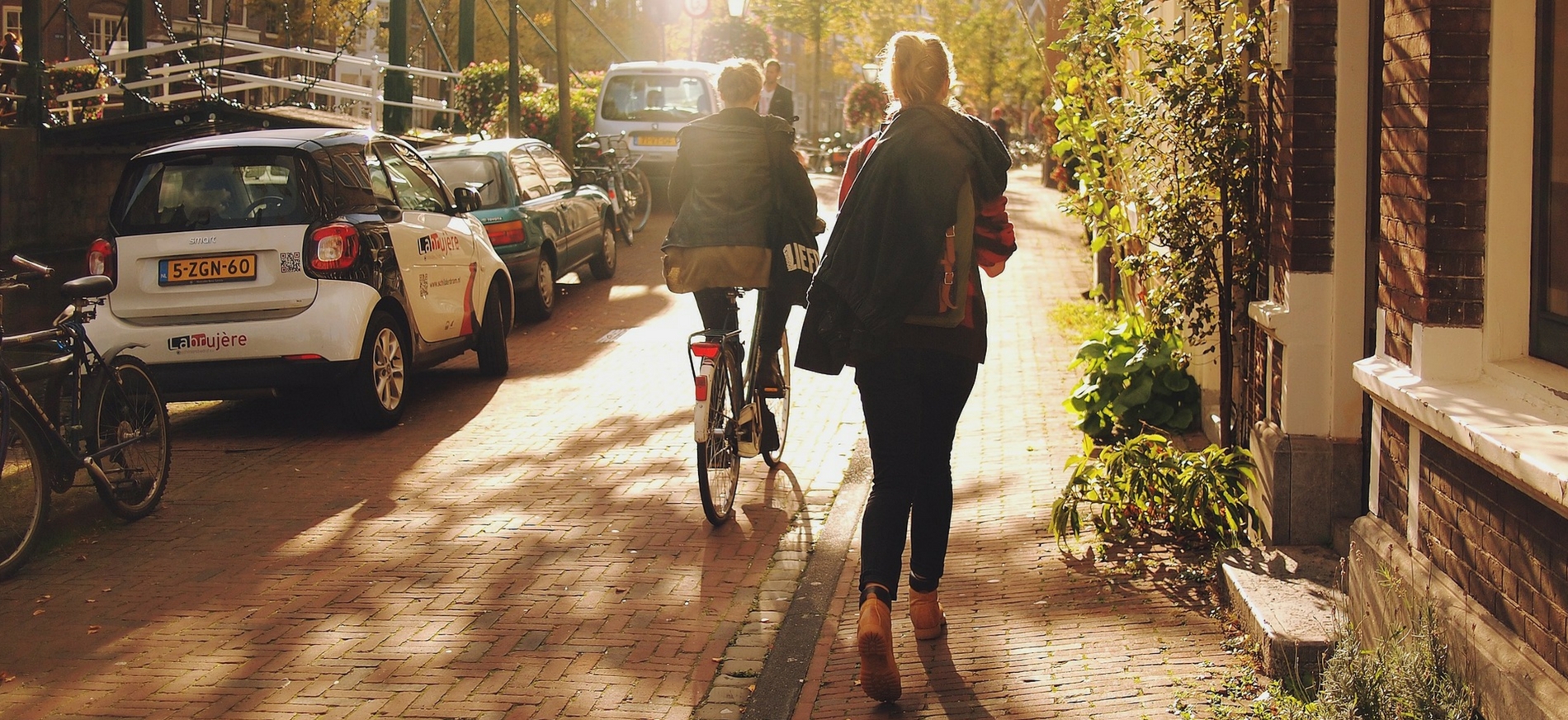
46. Bike or walk to class
This seems like a no-brainer, but walking or biking helps cut emissions from vehicles on the road.
47. Bus instead of drive
If you’ve got a long way to travel and can’t walk or bike there, then riding the bus is always a better option than driving solo.
48. Carpool
When you take your car on the road, try to do double duty by bringing someone else along. Carpool to class, work, or to run errands.
49. Take public transit when you go home
Many college students drive home on weekends or holidays. If you can, skip the car and take buses or trains.
50. Slow down
When you do drive, slow down. Most cars get the best gas mileage at around 60 MPH. Going faster wastes gas and costs you money.
51. Coast more, brake less
When driving, you can use less gas by conserving more of your speed. This means costing toward stop lights rather than braking. If you get good at this technique, you can time it just right so you never have to come to a complete stop unless there’s a stop sign.
52. Combine your errands into a single trip
Try to organize your errands into one trip, so you won’t have to waste gas going out multiple times.
Bonus ideas
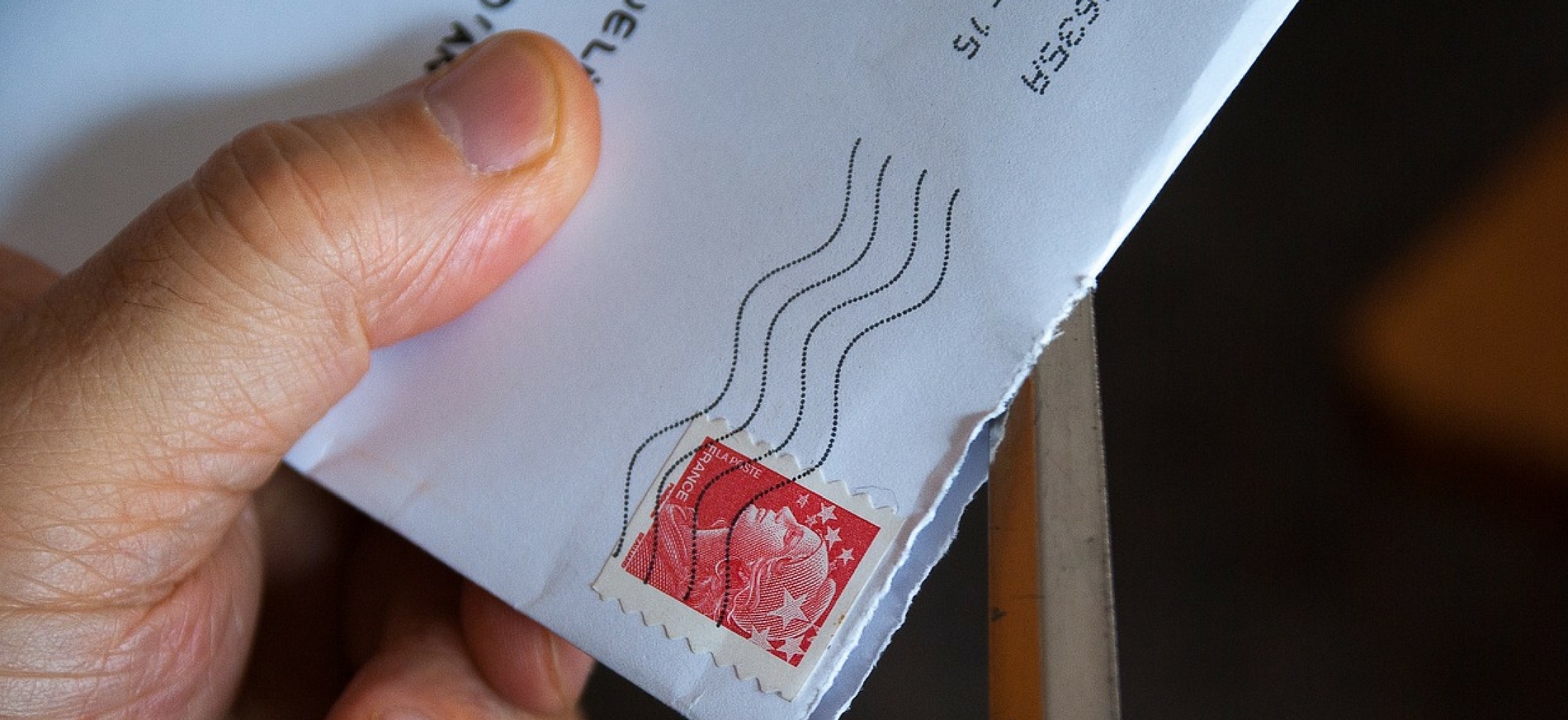
53. Opt out of junk mail
You’re just going to throw it away anyway. You might as well just save yourself the trouble, and save the paper by opting out of receiving mail whenever possible.
54. Set your homepage to Blackle
Blackle is the exact same thing as Google, but the background is black. It takes less energy to display a black page on your monitor, so you save by just making this tiny change.
55. Buy solar power credits
If you want to go an extra mile, you can actually buy solar credits, which are used to generate solar energy and offset your own energy usage. This is a great alternative for people–like college students–who don’t have a lot of control over how they generate electricity.
Share this article:

